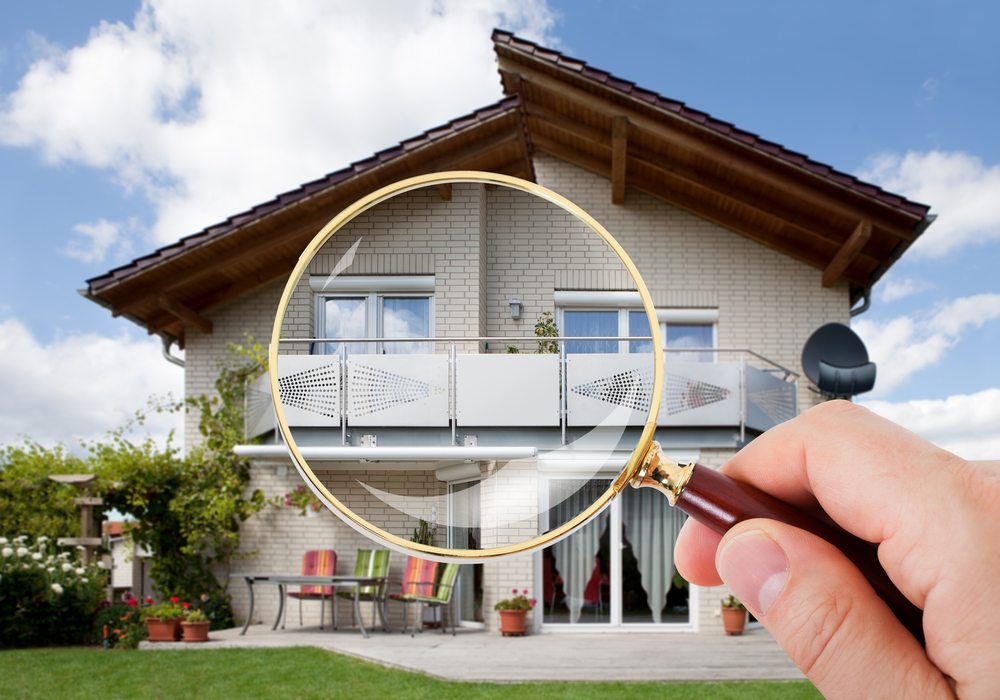You’ve found a house, submitted an offer and the Seller has accepted it. Now what? In most areas once you have a signed Purchase & Sale Agreement a Buyer has a set period of time in which to perform their due diligence. In Northeast Florida this period is often 10 days but it may be shorter or longer depending upon what was negotiated in the sales contract. During the due diligence period a Buyer should do whatever inspections and research they deem important. Before the due diligence period ends, a Buyer may either cancel the contract and have their escrow deposit returned to them or they must proceed with the transaction and risk losing their deposit if they do not purchase the home.
Below are some things Buyers should consider doing as part of their due diligence.
Perform Inspections. These should be done by licensed individuals  or companies and may include a home inspection, a Wood Destroying Organism (termite/bug) inspection and possibly evaluations of the foundation, pool, dock, sewer, septic or other features of the property.
or companies and may include a home inspection, a Wood Destroying Organism (termite/bug) inspection and possibly evaluations of the foundation, pool, dock, sewer, septic or other features of the property.
Review Homeowner's Association (HOA) and Community Development District (CDD) Documents. This should include governing documents, financial statements and the community covenants and restrictions. You may also want to contact the HOA to inquire if there is any pending litigation against the Association or any current or anticipated financial assessments to homeowners.
Get Quotes for Homeowner’s Insurance. Your lender will require you to have homeowner’s insurance in place before you purchase the home. Shopping for it during due diligence will allow you to understand the requirements and cost of your policy and eliminate surprises later.
Visit Schools. If you have children who will be attending public or private school the due diligence period is a great time to schedule a tour, obtain registration information and review school data and policies.
Apply For Your Mortgage. Buyers are required to make a formal mortgage application shortly after the contract is signed. If you haven’t already done your research and compared mortgage rates, fees and services you’ll need to do that quickly. As part of the process be sure to talk with your lender about how to avoid delays or problems with getting your final loan approval. A good lender will give you a list of things to avoid prior to closing such as making large purchases, changing jobs, accepting cash gifts from relatives, etc.
Research Community and Local Expansion, Future Development and Zoning. This is an often-overlooked but very important part of due diligence. Now is the time to understand what plans are on the  drawing board for the future. Is there a “Phase II” being built in your neighborhood that my overburden roads, pools or schools? Are there plans for a gas station to be built adjacent to your community? Will a major roadway be widened, increasing traffic and noise? You will want to know these things prior to buying a home, not after you have moved in.
drawing board for the future. Is there a “Phase II” being built in your neighborhood that my overburden roads, pools or schools? Are there plans for a gas station to be built adjacent to your community? Will a major roadway be widened, increasing traffic and noise? You will want to know these things prior to buying a home, not after you have moved in.
Review Local Crime and Sexual Offender Data. This info can often be found on local or state law enforcement websites or you can call or visit the area police or sheriff’s department.
Talk to Neighbors. If practical, consider walking or driving through the community and speaking with residents. Nothing beats an insider’s view!
While this may seem like a lot to do in a short period of time you have likely already done some of it as you began your search for a new home. If not, the time and energy you put into this now will help you avoid unpleasant surprises in the future and give you confidence in your choice of a home and community.
Julie Bentley is a Realtor® who has been working with Buyers and Sellers in the St. Johns and Jacksonville, FL area since 2011. When  it comes to due diligence she is always willing to connect her Buyers with the authorities, contractors, businesses, sources and data they need to make fully-informed home-buying decisions.
it comes to due diligence she is always willing to connect her Buyers with the authorities, contractors, businesses, sources and data they need to make fully-informed home-buying decisions.








